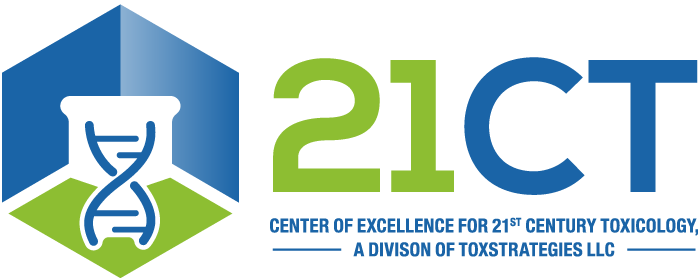Lea IA, Borghoff SJ, Chew R, Bell S, Edwards S, Vasko J, et al. Leveraging computational tools for enhanced human-in-the-loop systematic literature reviews. American Society of Cellular and Computational Toxicology Annual Meeting, Research Triangle Park, NC, October 2024.
Abstract
Systematic reviews (SRs) are important tools in regulatory decision-making process, but are labor-intensive, prone to human errors, and require a priori hypotheses that are difficult to update as more is learned due to the linear nature of the review process. Systematic evidence maps (SEMs) were more iterative and were developed to help address these challenges, but do not have the same breadth of already developed computational tools as SRs to simplify their use. We present an integrated SEM/SR approach that replaces the traditional linear methodology with an iterative approach towards developing and answering concrete research questions. We also propose workflows and tools that support the integrated SEM/SR approach from defining the research question and Population, Exposure, Comparator, Outcome (PECO) statements to data synthesis. The first tool provides the ability to expand the literature search to include related concepts based on the Unified Medical Language System Metathesaurus. The next tool provides the ability to visualize and review biological concepts contained in the literature corpus providing a means to explore and refine the PECO based on knowledge of the biological or molecular entities involved. Finally, a machine learning approach is used to label/annotate articles in place of, or in tandem with human reviewers, serving as either the primary reviewer of articles or the secondary “blinded” review for quality control. This suite of tools will be used to illustrate how to improve the effectiveness of the SEM/SR process.
This abstract does not necessarily reflect U.S. EPA policy.
